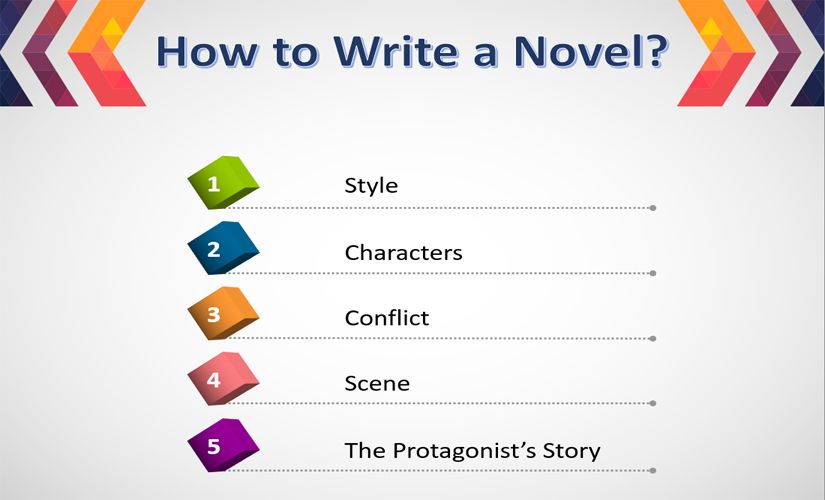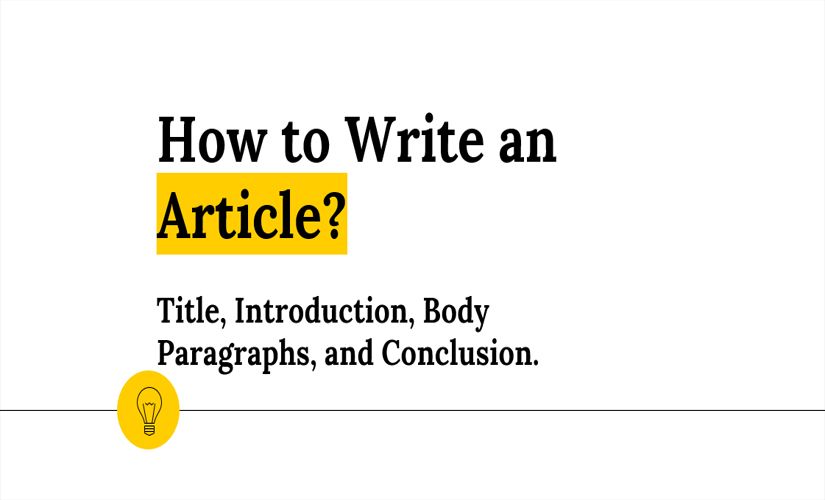A novel contains a vivid and continuous story, which effectively conveys the writer’s dream to a reader. Basically, a book can either be fictional or representing a real occurrence. On the other hand, novels fit into different genres, like the thriller, suspense, mystery, romance, adventure, and inspirational, among others. In this case, people need to know how to write a novel. Hence, the process of writing a novel requires identification of an appropriate style, choice of characters, development of the conflict, setting the scene, and narration of the protagonist’s story.
Style
The first step to writing a novel is the identification of the appropriate genre. In particular, an author must identify the type of story and writing strategies that a person wants to write and use. Basically, the style of a novel puts the audience in the right frame of mind to understand the story. However, a story without a genre becomes vague. Identifying the target population helps to determine the genre of a novel. Similarly, knowing how to write thesis acknowledgement can be crucial for academic or reflective works. Hence, the author must meet the needs of the target audience by covering how to write a novel and using appropriate writing styles. In turn, genres help the audience to select the novels that they look better. Thus, picking the appropriate genre of a novel helps authors to identify the target audience and choose relevant characters.

Characters in Writing a Novel
The second step for answering the question of how to write a novel involves the identification of appropriate characters. For instance, figures are an essential part of a good novel. It is necessary for an author to allow readers to imagine the main characters. Basically, people need to understand the roles of the characters in the story. Besides, a good selection of styles makes stories appear real. Hence, the right choice of characters helps authors to improve the quality of their story and create a conflict.
Creating a Conflict and How to Write a Novel
The third step in writing a novel is to create a conflict, covering how to write a novel. For example, the conflict acts as the driving force of the story. Basically, this feature helps to create imagery in a reader’s mind. Along these lines, the characters in the novel should engage in the conflict that captivates the audience. Thus, selecting the appropriate conflict attracts the reader’s attention and helps to set the scene in the novel.
Scene
The scene of a story determines the quality of a novel since it makes the story to appear real. For instance, the scene of a book refers to the location of the story. Along these lines, an appropriate scene gives readers a tangible sense of place. Besides, a scene helps readers to slip into the story world of a novel by considering how to write a novel. Therefore, an author should select an appropriate scene since it enhances the quality of a novel and the protagonist’s story.
The Protagonist’s Story
The last step in writing a novel involves narration of the main character’s story. An author should know how to write a story and narrate a sequence of events and situations that takes the protagonist through conflict. In this case, the account should follow a series of events if people understand how to write a novel. Besides, the protagonist’s story improves the credibility of a novel. Thus, a good novel must have a sequential storyline.
Conclusion on How to Write a Novel
In conclusion, writing a novel is a process that requires the author to identify the appropriate genre. In this case, the author helps to target a specific audience, including the knowledge of how to write a novel. Then, the selection of characters, creation of conflict, and setting the scene help to make a novel enjoyable for the readers. Finally, accounts of the protagonist’s story make a novel relevant to the readers.


